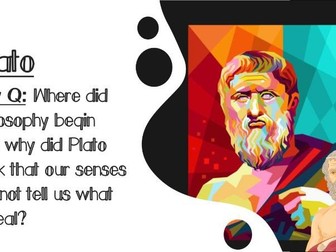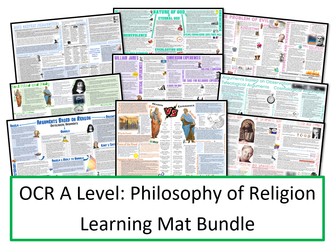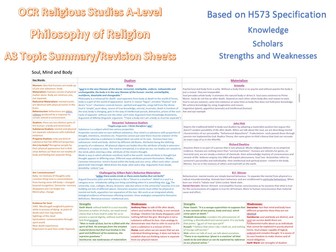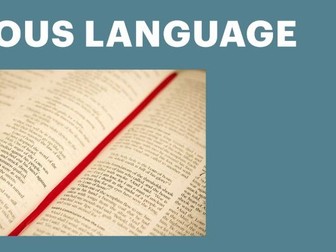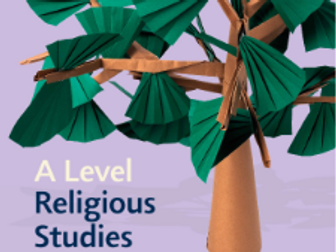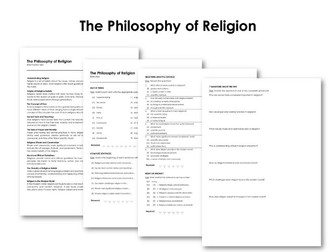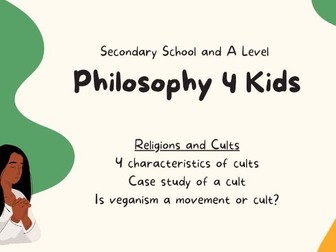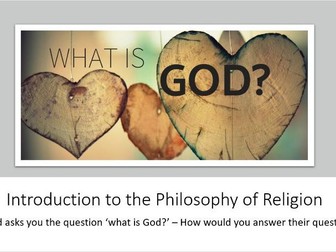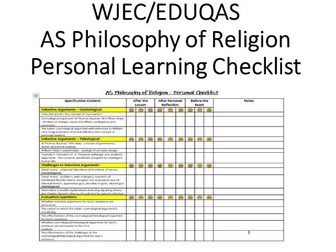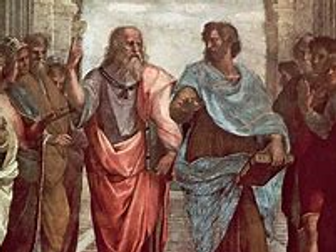
KS3 Philosophy of religion - Plato
This is the second lesson in a sequence of philosophy lessons for KS3 - specifically year 8 but can easily be used for year 9 with little adaption. This also works for a stand alone lesson which is not reliant on the sequence. I am currently working on this unit and it will soon be complete and all available as either singular lessons or as a unit bundle. This lesson focuses on Plato, his theory of Forms and the allegory of the cave.
